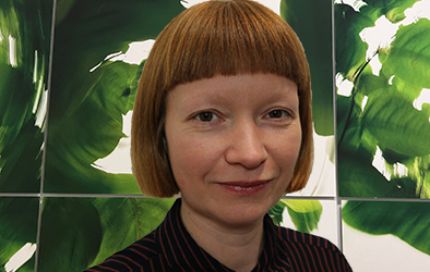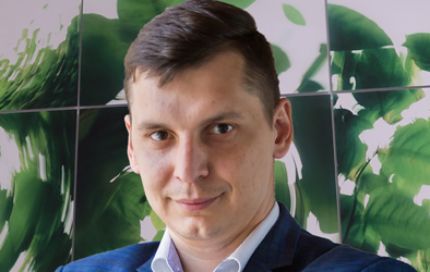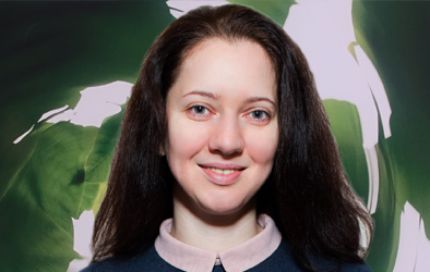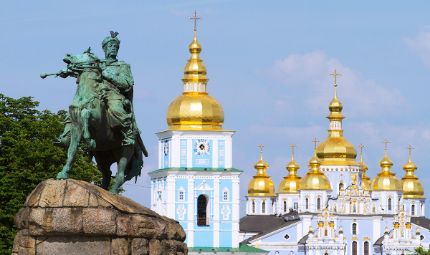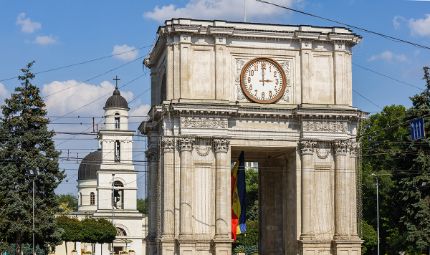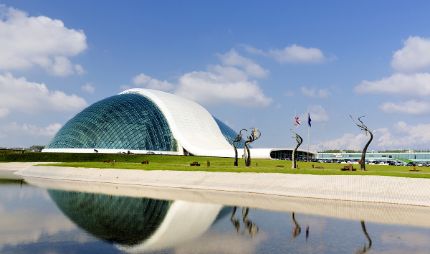
Who we are
The Energy Community Secretariat has its seat in Vienna, Austria. The Headquarter Agreement between the Republic of Austria and the Energy Community regarding the seat of the Secretariat entered into force in August 2007.
Besides its premises in Vienna, the Secretariat operates three regional offices in Kyiv, Ukraine, Tbilisi, Georgia and Chișinău, Moldova.
Team
As of January 2023, the Secretariat has 47 staff members holding 20 nationalities. In addition, the Secretariat regularly offers internship and secondment opportunities. The recruitment of the Secretariat's staff follows the approved establishment plan of the Energy Community Ministerial Council.
In the performance of its duties, the Secretariat must be impartial and not seek or receive instructions from any Party to the Treaty.
Director
Since 1 December 2021, the director of the Secretariat is Mr Artur Lorkowski. Mr Lorkowski is the third Energy Community director, following Mr Janez Kopač (2012-2021) and Mr Slavtcho Neykov (2007-2012).
Pursuant to Article 75 of the Treaty, the director of the Energy Community Secretariat is responsible for the implementation of the budget. The director also selects and appoints the staff on the basis of the approved establishment plan of the Energy Community.
Regional offices
-
Kyiv office
Kyiv office
Operational since 2016, the Secretariat's Kyiv office is the oldest regional office. The Secretariat presently employees four staff members in Kyiv.
ORZHEL Oleksii
Senior energy expert, Head of Kyiv office
DIATLOVSKA Valentyna
Regulatory Energy Expert
POLISCHUK Maksym
Tracking and Logistics Officer
SURZHOK Inna
Electricity expert
Energy Community Kyiv Regional Office
Khreschatyk str. 15, Apt. 65,
Kyiv, Ukraine+38 044 279 77 00
-
-
Chișinău office
Chișinău office
The Energy Community Secretariat's Chișinău office is led by Mr. Tumuruc since April 2022.
TUMURUC Denis
Senior Energy Expert
Energy Community Chișinău Regional Office
Stefan cel Mare si Sfant Boulevard 180
MD-2004 Chisinau, Moldova+37 368 067 919
-
-
Tbilisi office
Tbilisi office
As from 1 March 2023 Ms. Salome Janelidze heads the Energy Community Secretariat's regional office in Tbilisi.
JANELIDZE Salome
Energy Community Tbilisi Regional Office
2 Sanapiro Street,
Tbilisi 0105 Georgia
+995 574 67 37 67 -

